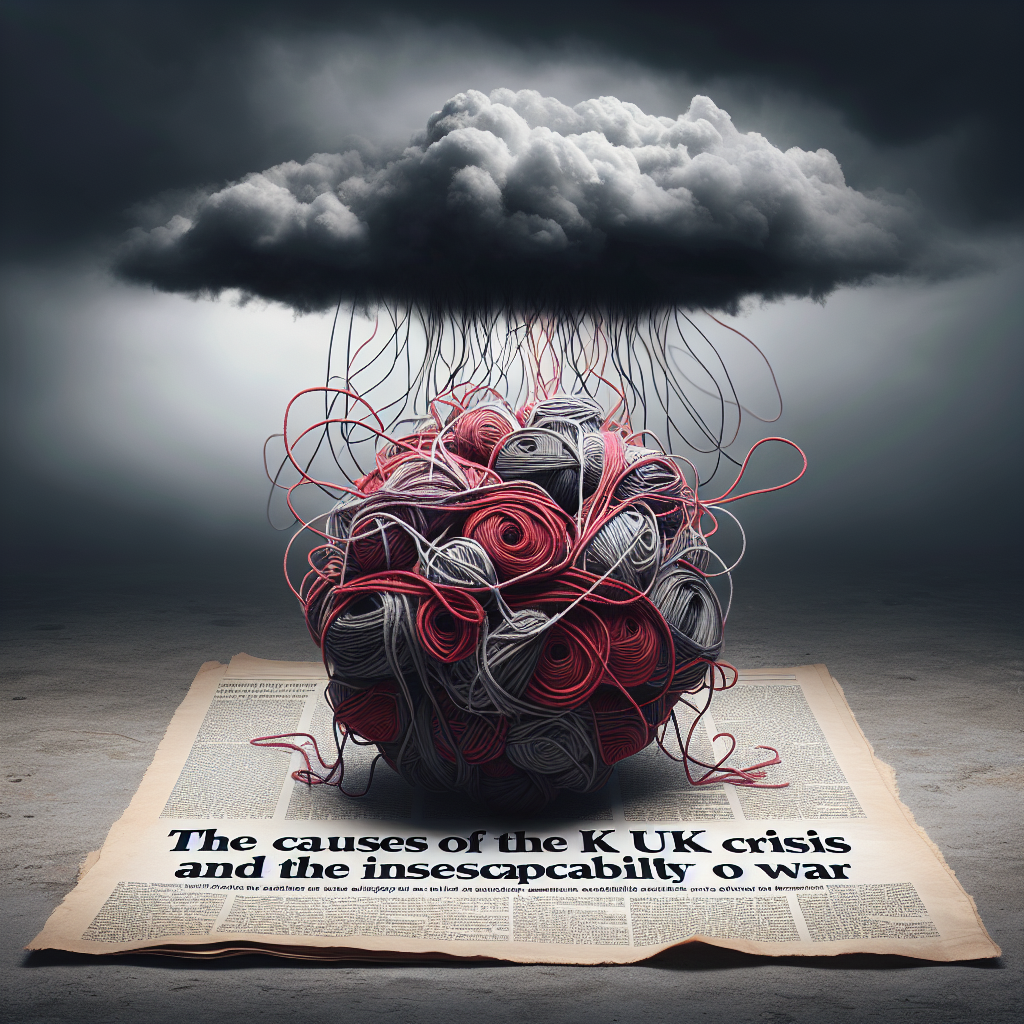In the intricate narrative surrounding Brexit and its aftermath, the concept of conflict emerges not only between political factions but also as a broader battle involving global elites and the disenfranchised population of the United Kingdom. The author describes their own contribution to the Brexit movement and reflects on the underlying dynamics that framed this pivotal moment in UK history. Central to this analysis is the notion of the “British Remnant,” representing those who lament the loss of the Empire and seek to exert influence through its resurrection. This historical backdrop establishes the context for viewing the UK populace as victims caught in a struggle orchestrated by villains—including government structures and global elites—who offer no genuine allegiance or benefit to them. As such, the piece delves into the complexities of this societal rift, hinting at a grim reality where heroes are scarce and true loyalty to the native population is nearly non-existent.
The tension in this socio-political landscape is operated on multiple levels, positioning the European Union (EU) as a significant antagonist. The author acknowledges that while the EU’s ambitions to diminish the British Remnant align with their interest, the alternatives proposed by this Remnant could be even more detrimental. The phrase “divide and rule” encapsulates a strategic approach that has historical precedent, further emphasizing the inherent conflicts crafted by those in power. The author acknowledges that while the original cry for Brexit surfaced as a legitimate push for autonomy and self-governance, subsequent developments reveal a multi-faceted web of manipulations and tactical plays that have further ensnared the UK into a complex geopolitical struggle. As the dynamics unfold, it becomes evident that both the Remnant and the EU are unwilling to relinquish their interests in a world already rife with division.
The analysis hinges on a critique of economic policies that faltered significantly post-Brexit, attributing much of the UK’s current disillusionment to misguided governmental decisions and misguided austerity measures. Taxation, regulatory burdens, and a refusal to capitalize on favorable currency changes are highlighted as systemic issues that compound the economic strain on the British middle class. The idea of a manufactured uncertainty surrounding Brexit emerges prominently, contending that the chaotic negotiations and resultant inflation were carefully constructed outcomes intended to showcase the negatives of independence, effectively punishing the population for their referendum choice. The narrative of betrayal is exacerbated by government failure to leverage a favorable trade agreement with the U.S. following Brexit, as opportunities for investment dwindled in the shadow of ongoing tensions with the EU.
Expanding upon the ensuing chaos, the COVID-19 pandemic is viewed through a lens of conspiracy and calculated manipulation that further erodes economic stability and opportunity in the UK. The pandemic is interpreted as a multi-theater attack against social structures and economies, wherein the political fallout from governmental lockdowns and economic paralysis disproportionately impacts labor markets. The narrative implies that Brexit’s promised benefits were systematically sabotaged by globalist interests, denying the UK sustainable investments and exacerbating the economic burdens placed upon its livelihoods. The author draws a stark parallel between domestic and global events, suggesting that the very essence of economic collapse has roots in a broader, coordinated effort to reshape societal structures to fit prevailing elite agendas.
The latest developments in international conflict, particularly the war in Ukraine, are correlated with previous events in a sequence that elucidates a strategic trajectory influenced by aspiration for global dominance. The allegations that NATO was pushing for conflict coincide with ongoing austerity and sacrifice within the UK, further binding the nation’s economic future to a global conflict over territorial and political control. The narrative suggests that through involvement in Ukraine and subsequent financial commitments, the UK finds itself entrenched in a conflict devoid of viable exit strategies, a situation exacerbated by national leadership changes and failed economic policies. The author underscores how precarious the reliance on unpredictable foreign intervention can be, particularly when leadership decisions are not directly accountable to the citizens who bear the brunt of these choices.
Finally, the piece forecasts a relentless pattern of political manipulation and economic turmoil that presents an almost dystopian view of the British future. The author speculates on potential leadership changes and external pressures from the United States, framing the UK as a theatrical stage for elite maneuvering. The analysis conveys a sense of inevitability regarding the downfall of traditional political systems, suggesting the establishment may be actively working towards a singular, more controlled governance model, exasperated by conflicts both within and outside the country. In this regard, the events of recent years—including Brexit, the COVID-19 responses, and the Ukraine war—are interwoven into a larger narrative of betrayal, ambition, and disillusionment among both the ruling elite and the British populace, culminating in a precarious position devoid of agency and potential avenues for recovery.

